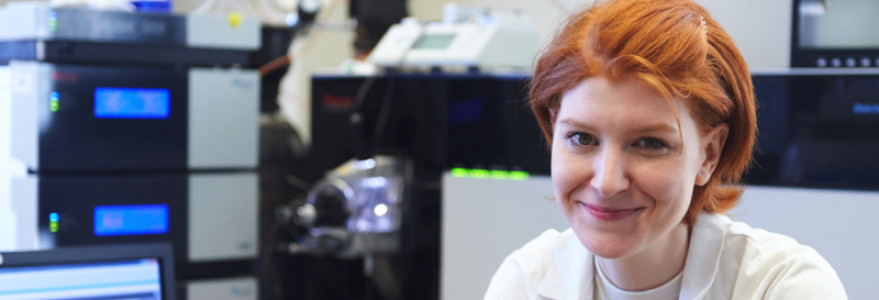Participation in more than 60 projects subsidised to the sum of more than EUR 25 million places the University of Warsaw in a leading position among Polish academic institutions that are beneficiaries of the Horizon Europe Framework Programme. In total, grant recipients from Poland have so far received funds amounting to EUR 383.52 million.
The European Union’s largest-ever research and innovation programme, Horizon Europe (HE), began in 2021. A total of EUR 95.5 billion will be allocated for innovative research and solutions over seven years (2021–2027).
The National Contact Point (NCP) of the National Centre for Research and Development provides up-to-date data on the participation of individual institutions in HE projects. According to the latest statistics, the University of Warsaw remains the national leader in terms of the number of ongoing projects.
Participation of the UW in the EU Horizon Europe Framework Programme:
- participation in the implementation of 64 funded projects,
- coordination of 13 funded projects,
- more than EUR 25 million in funding received,
- 6.69% of the HE budget. The largest amount of funding awarded to the University of Warsaw (EUR 16.18 million) projects in the Excellent science pillar. EUR 8 million in funding was awarded to projects in the Global Challenges and European Industrial Competitiveness pillar, and EUR 1.49 million to projects in the Innovative Europe pillar.
Among the projects from the UW to receive HE funding in 2022, there are five winning proposals from European Research Council (ERC) grant winners:
- ERC Starting Grants:
– two at the Faculty of Physics – Ultracold polyatomic molecules for controlled chemistry and precision physics (QuantMol), led by Prof. Michał Tomza, and A MISTery of Long Secondary Periods in Pulsating Red Giants – Traces of Exoplanets? (LSP-MIST), led by Prof. Dorota Skowron from the Astronomical Observatory;
– one at the Faculty of History – Masters of the stone: The stonecutters’ workshops and the rise of the late antique epigraphical cultures (third-fifth century AD) (STONE-MASTERS), led by Dr Paweł Nowakowski;
– one at the Faculty of Chemistry – Chiralitysensitive Nuclear Magnetoelectric Resonance (NMER), led by Prof. Piotr Garbacz;
- ERC Consolidator Grant at the Faculty of Sociology – Using Human Rights to Change Abortion Law: Involvement Patterns and Argumentative Architectures in the Global Figuration of Human Rights (Abortion Figurations), led by Prof. Marta Bucholc.
In 2023, ERC grants under Horizon Europe have been awarded to four researchers with projects at the UW:
- ERC Starting Grants:
– one at the Faculty of Modern Languages – The concept of teotl: a complex approach to the principal religious category of pre-Hispanic Central Mexico, led by Dr Agnieszka Brylak;
– one at the Faculty of Mathematics, Informatics and Mechanics – Proportional Algorithms for Democratic Decisions (PRO-DEMOCRATIC), led by Prof. Piotr Skowron;
- ERC Consolidator Grant at the Polish Centre for Mediterranean Archaeology – Afropolis Tungul: Urban biography of a cosmopolitan African capital (Afropolis Tungul), led by Prof. Artur Obłuski;
- ERC Proof of Concept at the Faculty of “Artes Liberales” – The Modern Argonauts: A Multicultural Educational Programme Preparing Young People for Contemporary Challenges through an Innovative Use of Classical Mythology, led by Prof. Katarzyna Marciniak.
Information on all 28 ERC grants awarded to date to UW researchers can be found here:



